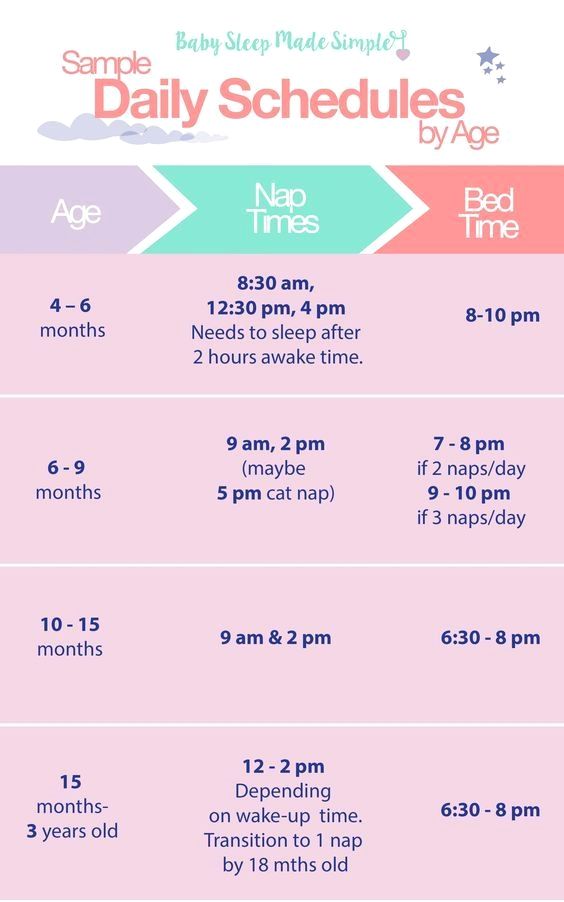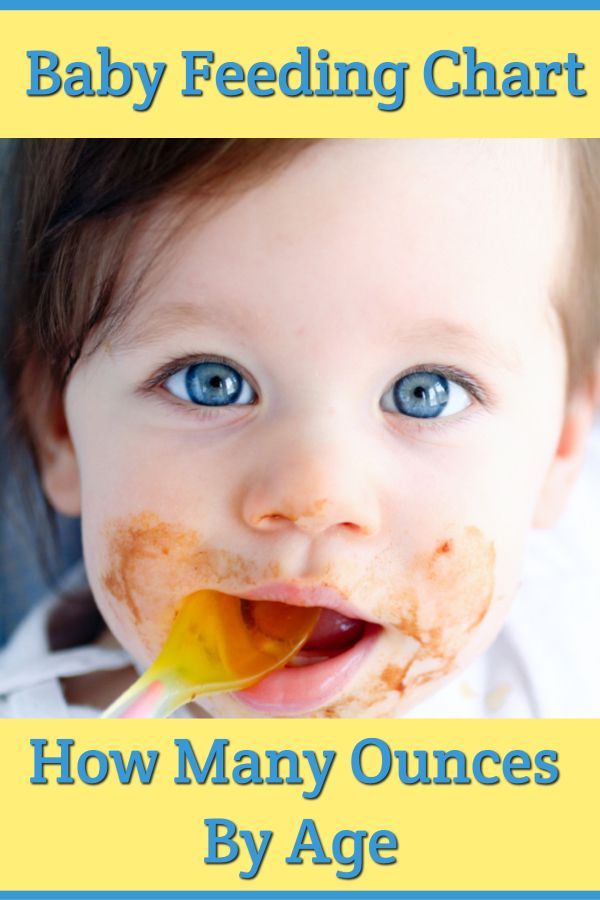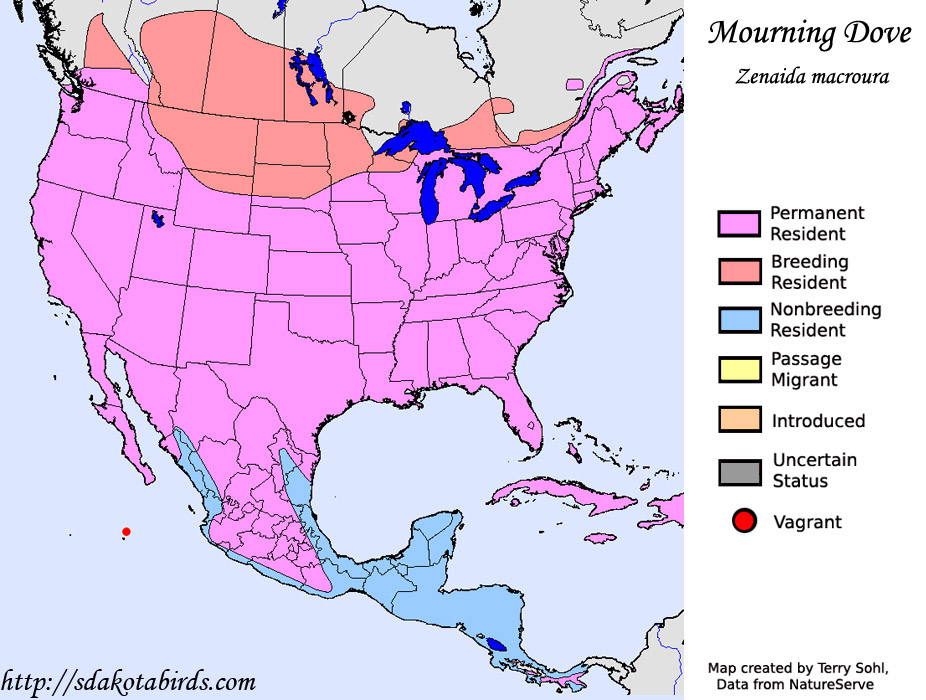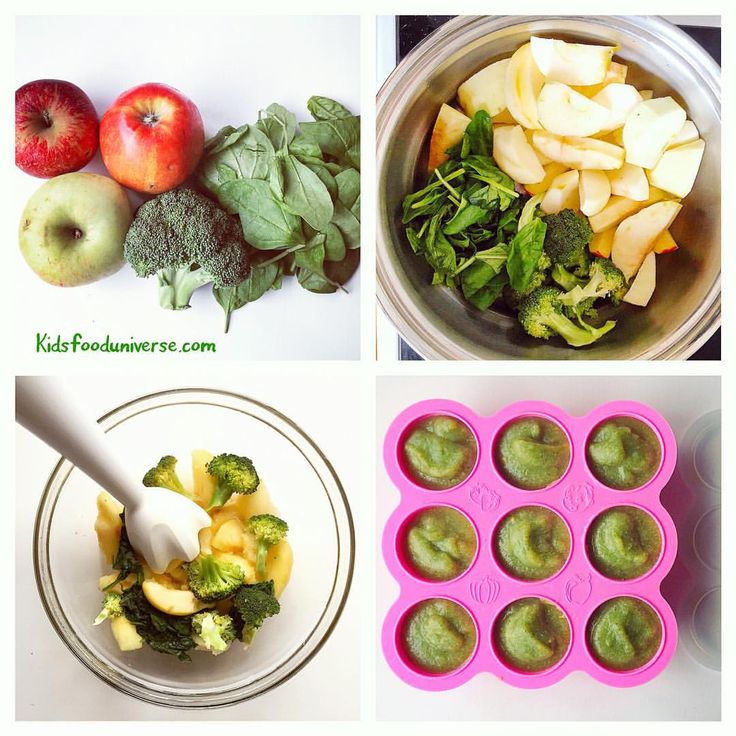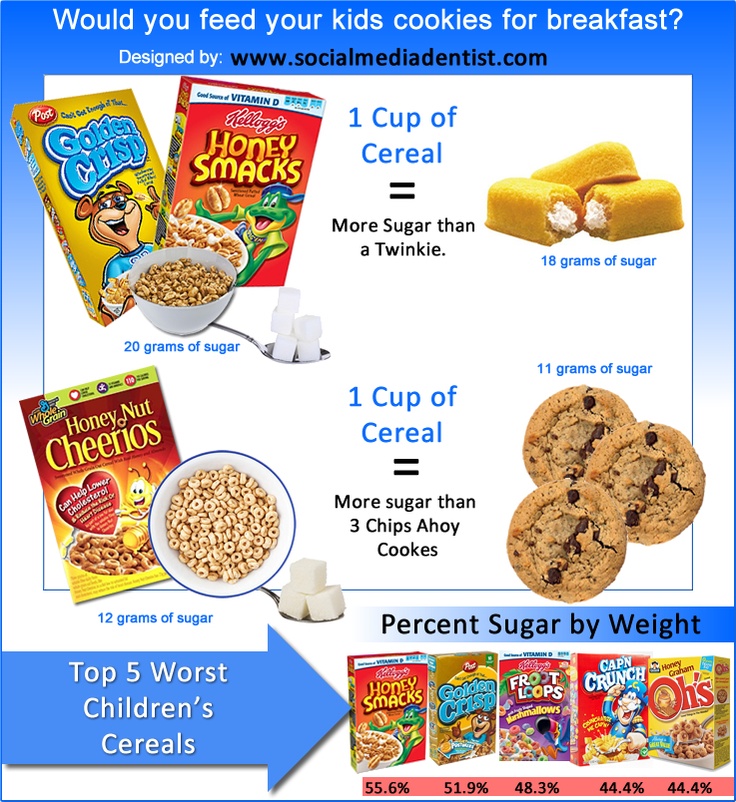Baby night feedings by age
Baby Night Feedings by Age - When To Night Wean
Home / Sleep Training / Night Feedings by Age –When Do You Try Night Weaning?
by Nicole Johnson, Founder and Lead Sleep Consultant in Sleep Training —
A very common question we get is when a baby can go all night without a feeding. This article will outline general guidelines about how many night-feedings you can expect at each age for breastfeeding and formula-fed babies.
Night Weaning: What do the doctors say?
In my experience, pediatricians seem to disagree frequently with the answer to the question of when a baby can go all night without a feeding. Clients report various answers all the time. If you have read any of the sleep books, there is Dr. Ferber who claims babies don’t need to eat at night after 3 months old. And, then there is Weissbluth who says that babies need 1-2 feedings up through 9 months old. Who’s right? They are both pediatricians with a lot of experience. Talk to your pediatrician and the answer will likely be even something different.
Night Weaning: In My Professional Experience
I have been a baby sleep consultant since 2008. Although I do really like Dr. Ferber’s book and learned A LOT from it, I can not, in good conscience, regularly recommend night-weaning at 3 months old. I think that is extreme to think that all babies can do that, particularly breastfed babies. Some parents are lucky enough that their baby does it on his own that young or younger, but many parents simply aren’t that lucky.
When I work with families personally, I am not an extremist and when it comes to hunger at night; I err on the side of caution. I know that it would be sooo much easier, for US, to not feed at night, but there are adults who can’t go 12 hours without eating, so I am not sure why we expect our babies to. I am all for breaking sleep associations and promoting healthy sleep for our babies, but I don’t recommend night-weaning until your baby is showing signs she is ready and that age varies by child. In addition, if you are breastfeeding, we have seen mom’s milk supply decrease rapidly and irrecoverably if she goes too long without feeding too soon.
In addition, if you are breastfeeding, we have seen mom’s milk supply decrease rapidly and irrecoverably if she goes too long without feeding too soon.
Night Feedings By Age
Below are the number of feedings at night, at various ages, that are within “normal” range (in my experience) and don’t throw up a red flag that there is more going on than just a feeding:
Breastfeeding Babies, Combination Breastfed and Formula Fed Babies and/or Babies with Reflux
- Newborns to 3 months old: Feedings every 2-3 hours, on-demand
- 3-4 Months: 2-3 feedings per night or every 3-6 hours, on-demand
- 5-6 Months: 1-2 feedings
- 7-9 Months: 1, maybe 2, feedings
- 10-12 Months: Sometimes 1 feeding
- 12+ Months: Generally no feedings
Formula-Fed Babies
- Newborns to 3 months old: Feedings every 2-3 hours, on demand
- 3-4 Months: 1-2 feedings per night or every 3-6 hours, on demand
- 5-6 Months: 0-1 feedings
- 7+ Months: Generally no feedings
Obviously, growth spurts are an exception and you should feed as needed during those.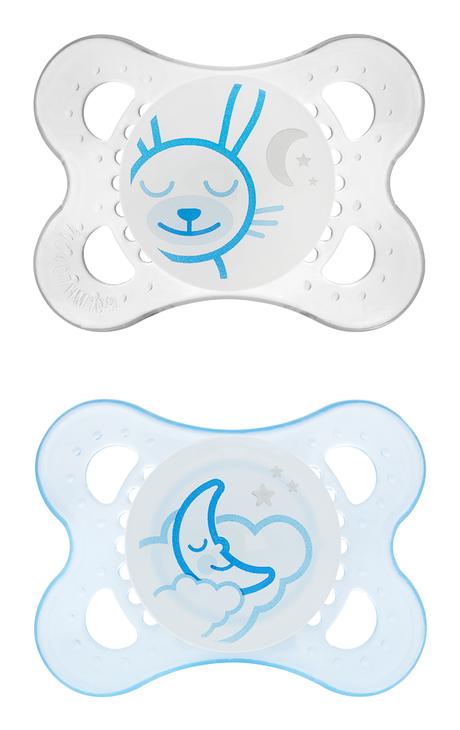 Growth spurts are generally over within a week.
Growth spurts are generally over within a week.
When to Night Wean
Now, I know that it can be difficult to tell when exactly your unique baby is ready for night weaning. That’s why I created a night weaning quiz, Is Your Baby Ready For Night Weaning? It’s very short – just 5 questions – and easy to take, so if you’re struggling with whether or not your baby is ready for night weaning, I suggest you take this quiz. The response you get will help you determine whether not you should move forward with night weaning, or whether or not you need to wait a bit and try night-weaning later.
In general, a baby needs to be able to consume all of their calories in the daytime in order to be night-weaned. This typically happens around 4-6 months old for formula-fed babies and around 6-10 months for breastfed babies. And, there are ways to know when night feedings are necessary.
I typically recommend at least an attempt at night-weaning by 8-9 months old (or sooner if you feel your baby is ready), because at some point, sometimes it is a chicken and egg problem.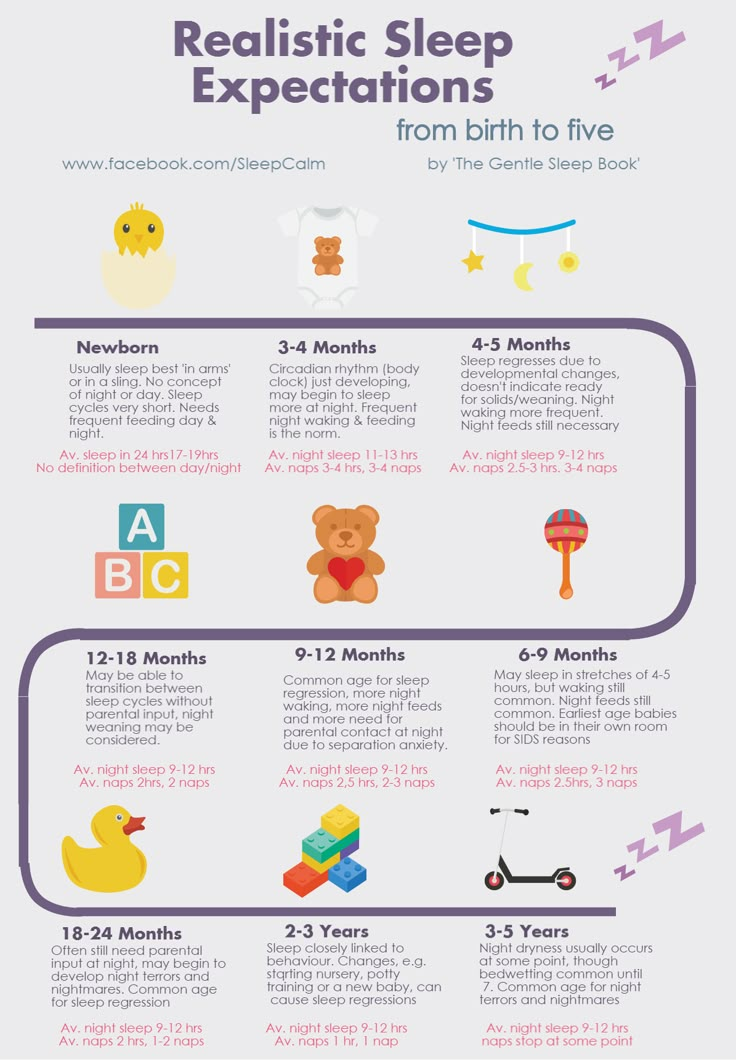 A baby needs a certain number of calories during the day and if he gets some at night, he won’t eat more during the day and if he doesn’t eat more during the day, he needs it at night. So, sometimes, a baby really does feel hungry at night, but it doesn’t mean he can’t go all night without a feeding. It simply means he needs to adjust how much he’s eating during the day. The idea is to help him do this.
A baby needs a certain number of calories during the day and if he gets some at night, he won’t eat more during the day and if he doesn’t eat more during the day, he needs it at night. So, sometimes, a baby really does feel hungry at night, but it doesn’t mean he can’t go all night without a feeding. It simply means he needs to adjust how much he’s eating during the day. The idea is to help him do this.
My Night-Weaning Story
I was a breastfeeding mom for the first year. I personally tried to night-wean around 9 months, but with both my boys, they did continue to eat at night up through a year and I weaned to cow’s milk (not sure if it was age or weaning from breastfeeding, though). They did, however, sleep better after I nudged them in the right direction, so I was glad I at least tried. When I attempted night-weaning my first son, he went from randomly waking at different times a night to waking around 5 AM just 4 times a week, which was a GREAT improvement!
Already Tried Night-Weaning and It’s Not Working?
If you’ve already tried night-weaning and it’s not working, there are several reasons this might be the case. Be sure to review 7 Reasons Night-Weaning Isn’t Working.
Be sure to review 7 Reasons Night-Weaning Isn’t Working.
More Help With Night-Weaning
For more guidance on night-weaning, check out our special members-only resources in our VIP Members Area:
- Example Night-Weaning Plans
- Mini Action Plan for Night-Weaning (your MAP™)
- The Members-Only Day-By-Day Co-Sleeping Transition Plan
- How Fixed and Fluid Feeding Schedules Can Help You Night Wean
- The 3-Step System to Help Your Baby Sleep e-book
- Chat live with a sleep consultant
The Baby Sleep Site® is a participant in the Amazon Services LLC Associates Program and other product affiliate programs. If you click on a product link and make a purchase, The Baby Sleep Site® may (but not always) receive a small commission from the company selling the product, but will not affect your purchase price. We only recommend products that we believe are quality products and are good for our readers.
We only recommend products that we believe are quality products and are good for our readers.
Struggling with your baby’s sleep? We can help. Since 2008, we have helped thousands of families around the world with their babies' sleep problems, and we can help you, too! Tap into 10+ years of experience and take a look at our consultation packages to see which one looks like a good fit for you.
Click here to see all our personalized consultation packages.
Once you purchase, you will immediately receive access to the Helpdesk, and you can set up your account, fill out your family's sleep history survey, submit it to a sleep consultant, and get started on the journey to better sleep!
Want to read about other family's experiences? Read parent stories and reviews here.
Need Baby and Toddler Sleep Help? We Have the Resources You Need!For those persistent nighttime struggles, check out The 3 Step System to Help Your Baby Sleep. Using the same unique approach and practical tools for success, this e-book helps you and your baby sleep through the night.
Using the same unique approach and practical tools for success, this e-book helps you and your baby sleep through the night.
Or, join our VIP Members Area packed with exclusive content and resources: e-Books, assessments, detailed case studies, expert advice, peer support, and more. It actually costs less to join than buying products separately! As a VIP member, you’ll also enjoy a weekly chat with an expert sleep consultant. And the best part – members receive 20% off all sleep consultation services!
In over 10 years, we have over 10,000 comments on our blog.
At this time, we’ve turned the comment sections off. We would, of course, love to hear from you! For help with your specific sleep problems, please learn more about our DIY resources or our sleep consultation services. Or, consider emailing us for a fast and helpful response!
Baby Night Feedings By Age
Home / Sleep Training / Baby Night Feedings By Age – An Easy Reference Chart from The Baby Sleep Site®
by Emily DeJeu in Sleep Training —
If your baby is waking at night to eat a lot, you might naturally start asking if they are actually hungry.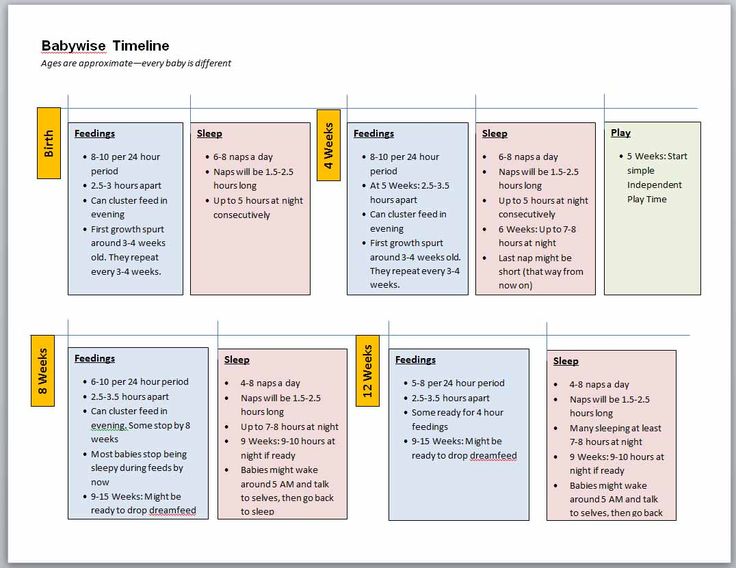 How many baby night feedings by age are appropriate? Here are common questions:
How many baby night feedings by age are appropriate? Here are common questions:
“How many times should be my baby be eating at night?”
“Is it time for me to night-wean, or are his night feedings still necessary?”
“I feel like my baby is up all night eating – is this normal?!”
These are questions we hear just about every day around here – and we thought it was high time we gave you a new resource to help you answer questions like these! But this isn’t just any regular blog article – no, today, we’re bringing you another awesome chart!. A few months ago, we brought you a baby/toddler bedtime by age chart, and your response was overwhelming – that’s now one of the most popular articles on our site!
So, since it’s clear you love reference charts (and we don’t blame you!), how about another one? This time, we’re taking a look at night feedings by age. What’s the standard at each age? How does “standard” vary based on whether you breastfeed or bottle-feed? Is your baby feeding too much for her age, or are her night feedings in line with what healthcare providers consider normal? Read on and find out so you can decide when night weaning may be appropriate!
Baby Night Feedings By Age – REFERENCE ChartThe content of today’s chart was created by Miriam Chickering, who is a mom of 6, an experienced sleep and lactation consultant and a labor and delivery nurse with years of experience. So to say she knows a thing or two about baby feeding would be an understatement! Let’s take a look at what she advises are standard baby night feedings, broken down by age.
So to say she knows a thing or two about baby feeding would be an understatement! Let’s take a look at what she advises are standard baby night feedings, broken down by age.
| Age | Breastfed Totals Per Night** | Formula-Fed Totals Per Night** | Notes |
| 0-2 months | 3-5 feedings per night | 2-4 feedings per night | Remember, newborns need to eat around the clock – newborns should not go more than 4 hours between feedings (preferably no more than 3 hours). |
| 3-4 months | 3-4 feedings per night | 2-3 feedings per night | Watch out for the 4 month sleep regression – if your baby is suddenly more wakeful, it may have less to do with a need for food and more to do with changing sleep patterns! |
| 5-6 months | 1-3 feedings per night | 1-2 feedings per night | As you can see by the numbers, most babies are starting to consolidate their night feedings at this time, as well as consolidating their sleep. By this age, most babies are sleeping less during the day and getting one nice, long stretch of sleep at night. By this age, most babies are sleeping less during the day and getting one nice, long stretch of sleep at night. |
| 7-9 months | 0-3 feedings per night | 0-1 feeding(s) per night | We find that most formula-fed babies are done feeding at night by this point, or are starting to night-wean. We usually recommend for ALL babies (both breast and bottle) an attempt at night-weaning here, if you feel comfortable with it. |
| 10-12 months | 0-2 feedings per night | 0-1 feeding(s) per night | Formula-fed babies are almost always done feeding by 12 months. If your breaastfed baby is still feeding at night by 10 or 11 months, this is perfectly fine – but try to consolidate it to one feeding, if possible. |
*These night feedings are considered standard, but they also assume that baby is healthy, is gaining weight properly, has no food allergies or medical concerns, etc.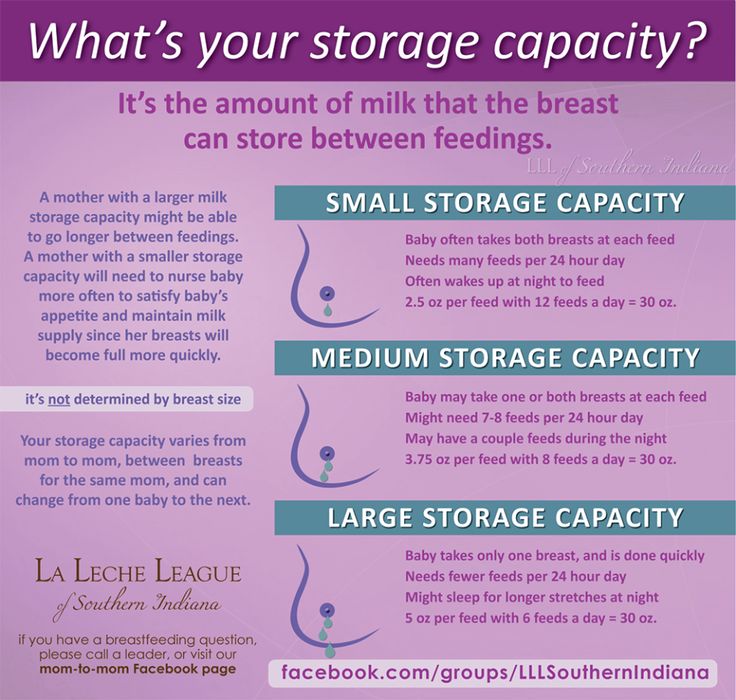 What’s normal for your baby may look a bit different, based on unique factors. As always, if you have doubts about your baby’s feeding patterns, please speak with your healthcare provider, as they are the best resource for feeding concerns.
What’s normal for your baby may look a bit different, based on unique factors. As always, if you have doubts about your baby’s feeding patterns, please speak with your healthcare provider, as they are the best resource for feeding concerns.
**”Night” in this chart refers to a 12-hour period of time.
Does this chart give you some encouragement? I hope so – look at those wide ranges of what’s considered normal and standard!
What About Toddlers?
Now, we don’t get into toddler territory with this chart, simply because the vast majority of toddlers do not need to feed at night in order to grow properly. While breast milk and formula are still great for toddlers to consume, they can generally get what they need during daylight hours.
For even more night weaning and night feeding resources, check out these special members-only resources in our VIP members Area:
- The 3-Step System To Better Baby Sleep (members enjoy unlimited access to this e-book)
- Night-Weaning Mini-Action Plan (MAP™) (step-by-step action plan for VIPs to night-wean fast!)
- Night Weaning: How To and Common Pitfalls (tele-seminar featuring Nicole Johnson)
- Breastfeeding and Sleep Training (tele-seminar, featuring Miriam Chickering)
- How Fixed and Fluid Feeding Schedules Can Help You Night Wean (step-by-step night weaning plans)
- Is My Baby Ready To Night Wean? (quiz)
Need Night-Feeding Help From An Expert? Look No Further!
It’s all well and good to know what’s standard when it comes to night feedings – but what if your baby is far from the standard? Maybe your baby is up all night, and you know it’s not because she needs to eat. Or maybe your toddler is still waking to feed at night, even though you’re certain he could drop that 1 a.m. feeding. How can you help your baby or toddler sleep well while still ensuring that he’s getting enough nourishment at night? Our team of expert consultants can help you do just that! Connect with a consultant, and she’ll craft a customized sleep coaching plan, as well as a personalized day and night feeding schedule, just for your baby.
Or maybe your toddler is still waking to feed at night, even though you’re certain he could drop that 1 a.m. feeding. How can you help your baby or toddler sleep well while still ensuring that he’s getting enough nourishment at night? Our team of expert consultants can help you do just that! Connect with a consultant, and she’ll craft a customized sleep coaching plan, as well as a personalized day and night feeding schedule, just for your baby.
Browse our list of consultation package options here.
Once you make your choice and purchase, you will immediately receive an e-mail with your Helpdesk login information. You’ll be able to log in and start your Sleep History form right away – it’s that simple!
Want more information about how personalized help works? Check out our FAQ page here, and get answers.
The Baby Sleep Site® is a participant in the Amazon Services LLC Associates Program and other product affiliate programs. If you click on a product link and make a purchase, The Baby Sleep Site® may (but not always) receive a small commission from the company selling the product, but will not affect your purchase price.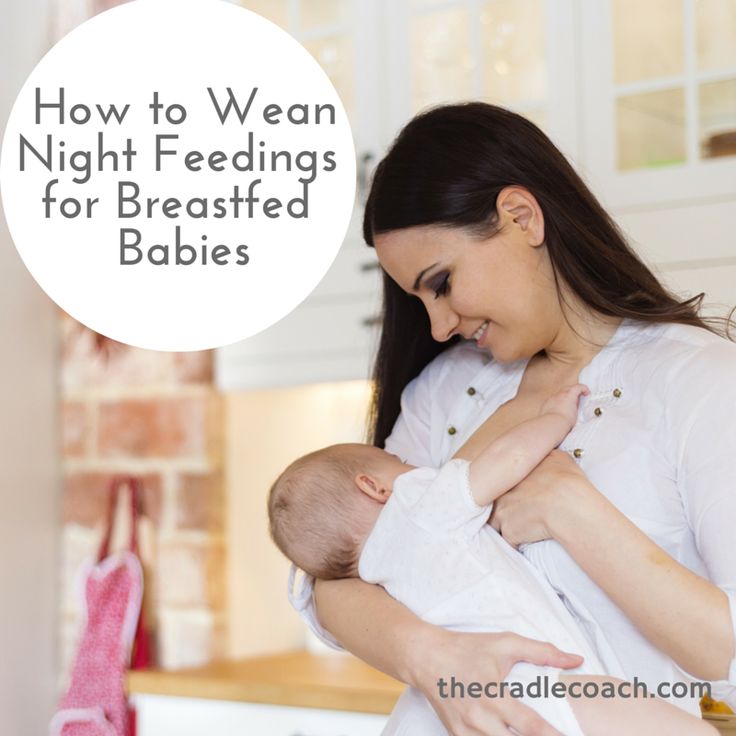 We only recommend products that we believe are quality products and are good for our readers.
We only recommend products that we believe are quality products and are good for our readers.
If you are tired of wading through stacks of baby sleep books that just aren't working, if you are beyond exhausted and just can't solve your child's sleep problems on your own...then personalized sleep consulting is for you. We have been around since 2008 and invite you to tap into our MANY years of experience. Our team of expert consultants will create a Personalized Sleep Plan® just for your family and then support you through every step of implementing your plan. We encourage you to consider our personalized, one-on-one baby and toddler sleep consultation packages if you want to see real, meaningful results now. Your consultation package also includes ample follow-up help, designed to help you troubleshoot problems and tweak your plan as needed.
Learn More About Services
For those persistent nighttime struggles, check out The 3 Step System to Help Your Baby Sleep. Using the same unique approach and practical tools for success, this e-book helps you and your baby sleep through the night.
Learn More About The 3-Step System
If you’re looking for ways to get your baby or toddler into a healthy sleeping routine during the day, explore Mastering Naps and Schedules, a comprehensive guide to napping routines, nap transitions, and all the other important “how-tos” of good baby sleep. With over 45 sample sleep schedules and worksheets, Mastering Naps and Schedules is a hands-on tool ideal for any parenting style.
Learn More About Mastering Naps
For those persistent toddler sleep struggles, check out The 5 Step System to Help Your Toddler Sleep.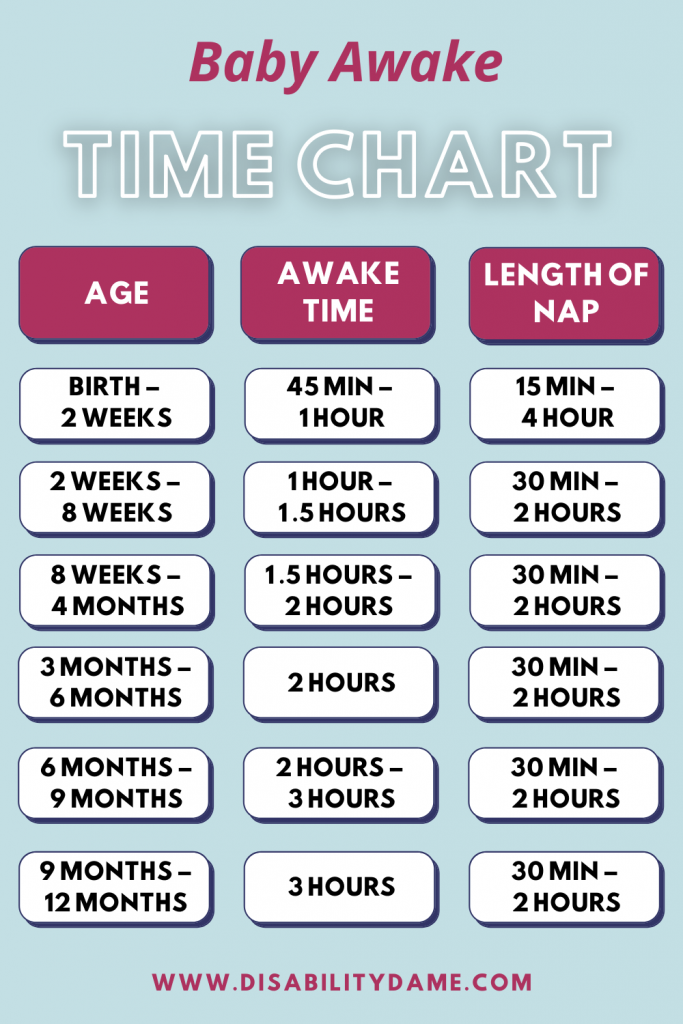 Using the same unique approach and practical tools for success, this e-book helps you and your toddler sleep through the night and enjoy a better daytime schedule.
Using the same unique approach and practical tools for success, this e-book helps you and your toddler sleep through the night and enjoy a better daytime schedule.
Learn More About The 5-Step System
Join our VIP Members Area packed with exclusive content and resources: e-Books, assessments, detailed case studies, expert advice, and more. As a VIP member, you'll also enjoy a weekly chat with an expert sleep consultant.
Learn More About VIP Membership
90,000 night feeding to what age - how much is the child from night feedingIn over 10 years, we have over 10,000 comments on our blog.
At this time, we’ve turned the comment sections off. We would, of course, love to hear from you! For help with your specific sleep problems, please learn more about our DIY resources or our sleep consultation services. Or, consider emailing us for a fast and helpful response!
10/29/2016
343023
409
Feeding and sleep
6–9 months-18 months
Author
Team Babysleep
Team BabySleep
Sleep Consultants, Physicians, Psychologists, Breastfeeding Consultants
Everyone knows that frequent nighttime awakenings when a newborn needs to be comforted or fed is a natural part of motherhood.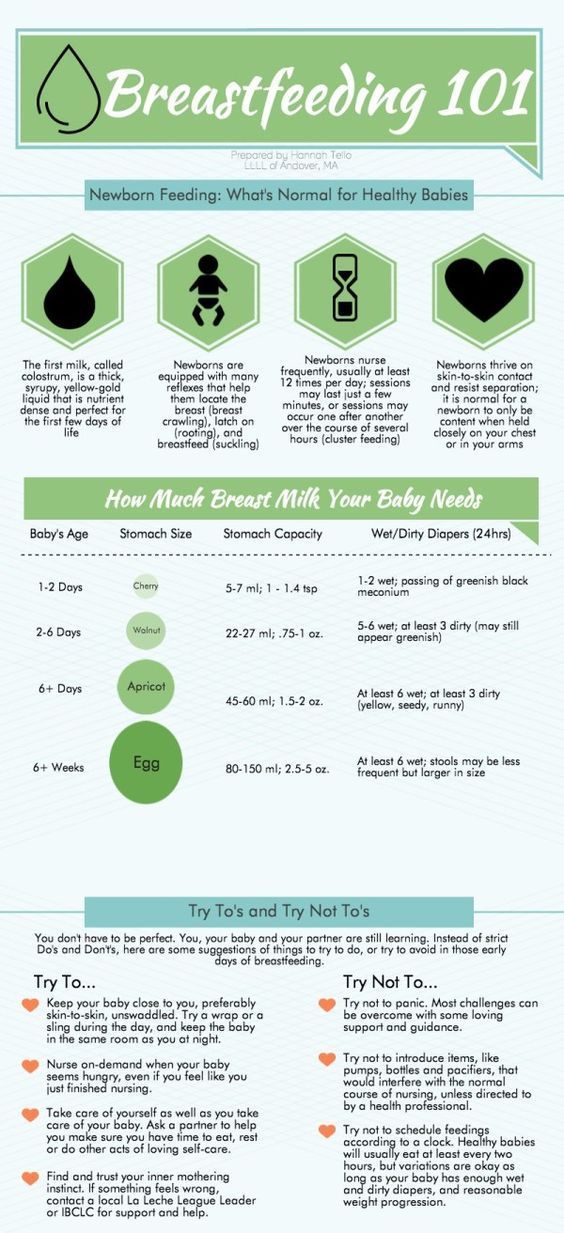 How pleasant it is to hug a child in the silence of the night and attach it to your chest! But one day there comes a moment when the uninterrupted sleep of the baby and mother becomes more important than nightly breastfeeding.
How pleasant it is to hug a child in the silence of the night and attach it to your chest! But one day there comes a moment when the uninterrupted sleep of the baby and mother becomes more important than nightly breastfeeding.
Child crisis calendar
Night feeds: until what age?
Many parents are interested in night feedings: until what age should they be kept? When should a child be weaned from night feeding? In this article, we present the opinion of our American colleagues on breastfeeding. Their recommendations may need tweaking, but it's certainly an interesting take on the issue.
BabySleep considers it necessary to emphasize that reducing nighttime feedings at any age does not in any way mean a complete rejection of breastfeeding, unless the mother has such an intention. This is just a reduction in the number of attachments to the chest during a night's sleep. The mother can still continue breastfeeding even if the number of nightly feedings is reduced.
It is also important to remember that breastfeeding is not only a process of satiating the child, but also a time of physical and emotional closeness between mother and baby. In some situations, this factor is of paramount importance and it is not worth reducing the number of feedings.
What do doctors say?
Many children continue to wake up for night feedings from one to several times a night, although, due to their age, they are already able to sleep for a long period of time without awakening. The reason is that they are used to getting calories at night. Very often, nighttime awakenings and the need to breastfeed in order to fall asleep again are caused by an association with falling asleep. This means that when you wake up at the end of your sleep cycle (every 40–90 minutes), the baby simply cannot fall asleep again without sucking, even if at that moment he is not hungry. Some children only need to take a few sips to calm down, and someone eats, consuming calories that the body does not need at that moment.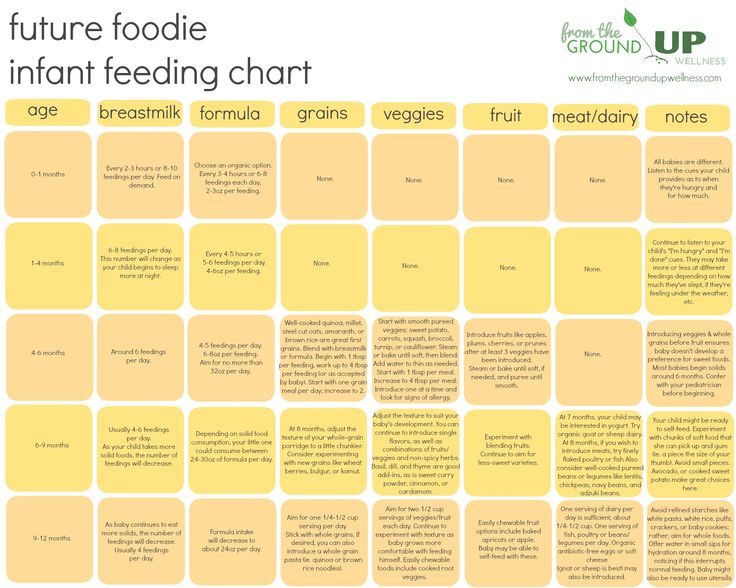
When the baby wakes up to satisfy his hunger, he actively sucks and swallows for at least 5 minutes or drinks more than 60 ml. milk from a bottle. If there is an association to fall asleep, or if the baby needs to breastfeed to calm down, the baby sucks out only a little milk. If the baby is really hungry at night, it is not recommended to drastically reduce the number of nightly feedings. If the child is hungry, he must be fed!
How many nightly feedings does a child need?
Before cutting down on a baby's nighttime feedings, the mother should make sure that the baby is ready for it and that her expectations are realistic. If there are no problems with lactation, the baby is healthy, calm, eats well during the day and is gaining weight, you can simply use the table as a guide, which indicates the number of nightly feedings recommended by American baby sleep experts.
Talk to your doctor before starting to cut down on nightly breastfeeding. It is also important to consider the age of the child depending on the EDD (estimated date of birth). If the baby eats at night more often than indicated in the table, but sleeps well, and it suits you, there is no problem. If your baby is eating less often, but your pediatrician is happy with how he is growing and gaining weight, you are doing great too!
It is also important to consider the age of the child depending on the EDD (estimated date of birth). If the baby eats at night more often than indicated in the table, but sleeps well, and it suits you, there is no problem. If your baby is eating less often, but your pediatrician is happy with how he is growing and gaining weight, you are doing great too!
The recommendations in this article are for those mothers who are worried about the fragmented sleep of the child due to the fact that the baby often eats at night.
Until what age should night feeds be continued?
Children's nutritional needs differ, but you can focus on the average data from the table:
When should a child be weaned from night feedings?
A child's readiness to reduce night feedings can be tested by answering the following questions:
- Is your baby 6 months old or older and eating solid foods well?
- Was the baby born at term with a normal weight?
- Does the baby need night feedings, rather to calm down than to satisfy the feeling of hunger (applications are very short)?
- Feeding for a baby is an association for falling asleep, does he not know how to calm down and fall asleep himself during daytime and nighttime dreams, does he often wake up at night?
- Is co-sleeping a forced measure for you because of the association for the baby to fall asleep (see paragraph 4)?
- Do all family members lack sleep and feel constantly tired (as a result of points 4 and 5)?
- Are night feedings erratic (time and number of awakenings vary each night)?
- Does your child eat more at night than during the day?
- In the past, has the baby been able to sleep for three or more days in a row for long periods of time without feeding, or with one feeding between 22:00 and 24:00 (not during illness, etc.
 )?
)? - Does the baby eat once a night - at 3-4 in the morning - and constantly refuses morning feeding?
If the majority of answers are yes, this shows the child's readiness to reduce the number of nightly attachments.
Reduced night feedings. Where to begin?
If you can't tell exactly what time and how long your child eats at night, watch him for 2-3 nights. When you see patterns in nightly breastfeeding, you can draw up a work plan and gradually wean the baby from breastfeeding.
- Start with feedings in the first hours of sleep, when the baby has not yet had time to get hungry.
- If nighttime breastfeeding is associated with falling asleep for your baby, separate breastfeeding from the process of falling asleep—feeding before bed to soothe and relax, and then falling asleep without suckling.
- Reduce the time your baby spends at the breast at night, or reduce the amount of milk in the bottle.
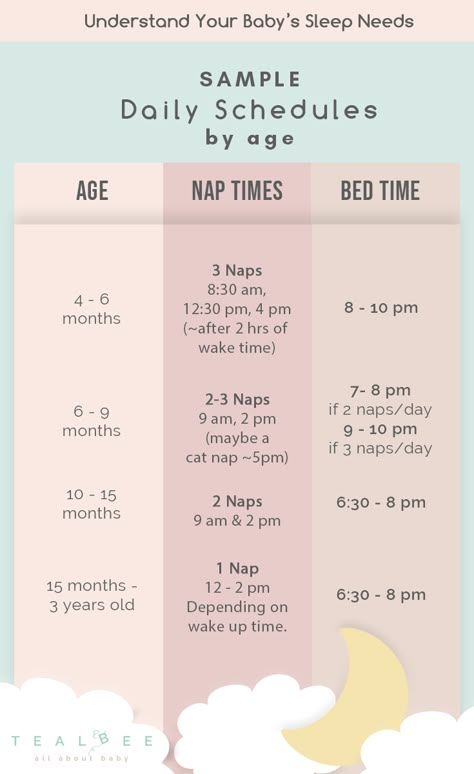
- Increase your daily calorie intake.
- If you soothe your baby at night without breastfeeding, but the baby starts crying when you put him to bed after that, this crying is most likely caused by an association with falling asleep. In this case, if you want to reduce the number of feedings at night, you need to help your baby learn to fall asleep without a breast.
If a child has an association with falling asleep, putting together a work plan to reduce bedtime is not an easy task. If you need help and support from a sleep consultant, you can get it in the format of an individual consultation. We'll help you determine what's causing your sleep problem, how it can be managed, and how realistic your desired goals are.
The article was prepared based on materials from sites: happybabysleep.com, childsleepscience.wordpress.com. Transfer BabySleep
#gw
343023
', nextArrow: '', responsive: [{breakpoint: 1199, settings: {arrows: !1, infinite: !1, slidesToShow: 1}}] }) })Elena Muradova
Founder of BabySleep, first sleep consultant in Russia and CIS
until what age to feed a baby at night
Breast milk is the ideal food for babies, so every mother should strive to maintain breastfeeding for as long as possible. But if for some reason it is impossible, it is important to choose high-quality breast milk substitutes and the optimal feeding regimen, close to the natural rhythm of breastfeeding. The younger the baby, the more often he needs food. Newborn children need to be fed several times at night, older children, from about six months, once. After a year, children can already sleep at night without waking up for feeding.
But if for some reason it is impossible, it is important to choose high-quality breast milk substitutes and the optimal feeding regimen, close to the natural rhythm of breastfeeding. The younger the baby, the more often he needs food. Newborn children need to be fed several times at night, older children, from about six months, once. After a year, children can already sleep at night without waking up for feeding.
Why do newborns eat at night?
In the womb, the baby receives nourishment through the umbilical cord continuously, without separation between day and night. After birth, the volume of the baby's stomach is very small, so he cannot get enough nutrients and vitamins and minerals at one meal. Therefore, the baby needs to eat often, in small portions, so that there is no regurgitation and digestive problems.
Another argument in favor of frequent feedings is a very intensive metabolism in an infant. This is necessary to provide the body with the necessary building blocks and energy during a period of very rapid growth and development.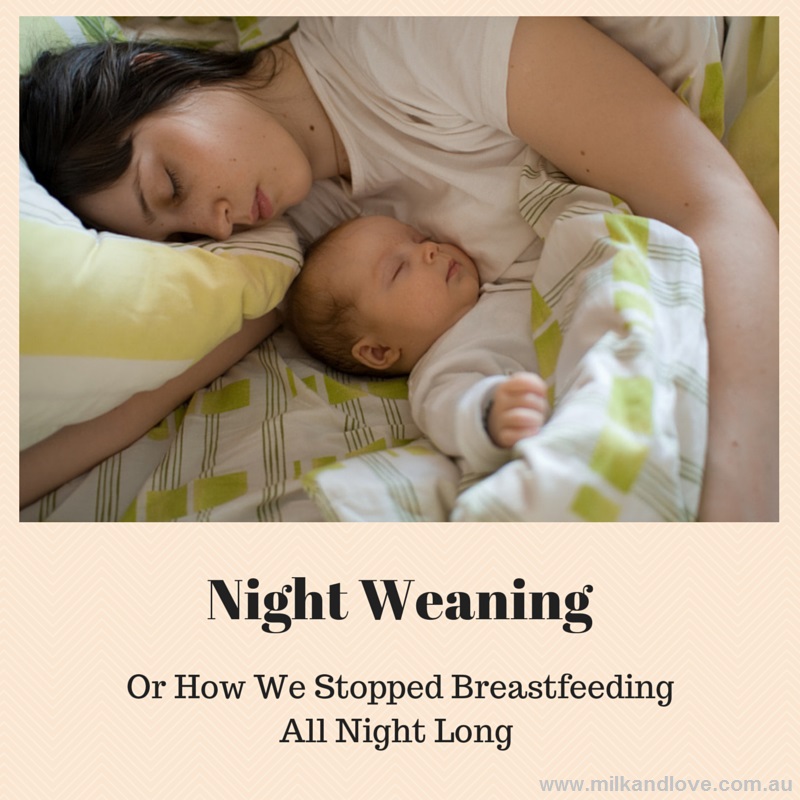 In the first year of life, growth processes are maximum in speed, and in order for a baby to triple its weight by a year and grow by 50% of its original height, it needs to eat often and a lot.
In the first year of life, growth processes are maximum in speed, and in order for a baby to triple its weight by a year and grow by 50% of its original height, it needs to eat often and a lot.
Proper nighttime feeding of babies
Even 20 years ago there was a recommendation to maintain a break at night (from midnight to six in the morning), not to feed the baby. This was explained by the fact that the stomach needs rest, and you need to “deceive” it with some water or give it a pacifier. But today it is already known for sure that the stomach is equally active both during the day and at night. In early childhood, circadian rhythms have not yet been formed and the digestive system works around the clock.
Today, doctors recommend feeding a newborn on demand - he himself determines when to eat and how much milk to suck out for feeding. In the first 2-3 months, a child can wake up up to 3-4 times a night (between 9 pm and 6 am) to attach to the breast, up to six months - up to three times, after six months - once, less often twice.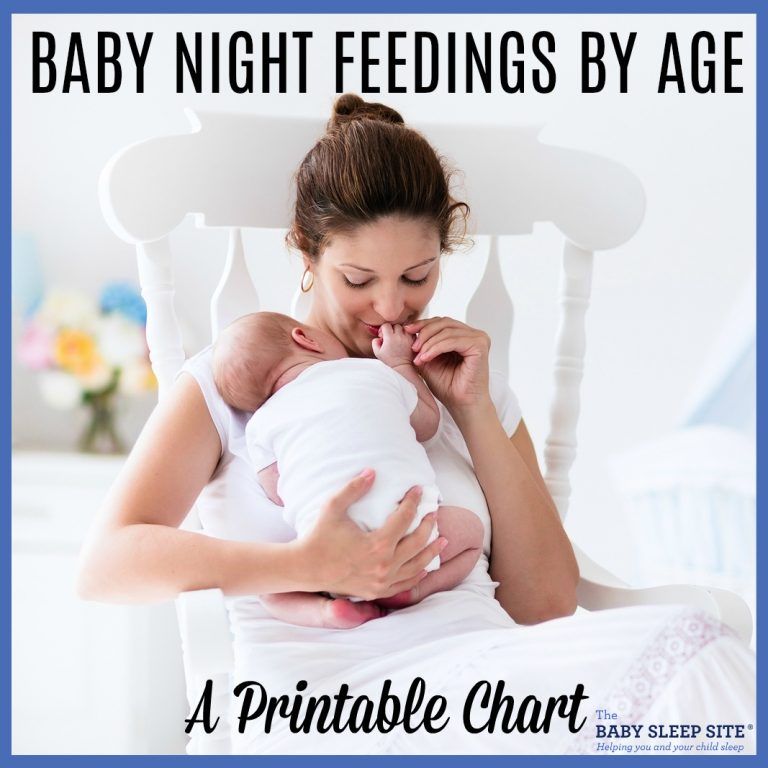
- When breastfeeding, it is recommended to feed the baby on demand, including at night, giving up the practice of "hungry" motion sickness, the use of pacifiers or water.
- For mixed-fed babies at night, breastfeeding should be preferred. This will also help stimulate lactation in order to increase the amount of milk secreted during the day.
- Formula-fed infants should be fed every 3 hours. Let's say a break of 4-5 hours if this is a child older than 3-4 months.
Until what age should I feed my baby at night?
Many parents think that as complementary foods are introduced, the baby no longer needs nighttime feedings, because he can be fed during the daytime. Yes, of course, the baby already receives more dense food - vegetable, cereal, meat complementary foods. But this does not mean at all that he will not want to eat at night.
In the daytime, children eat a variety of complementary foods, and at night they have a need to attach to the breast, to get enough of breast milk.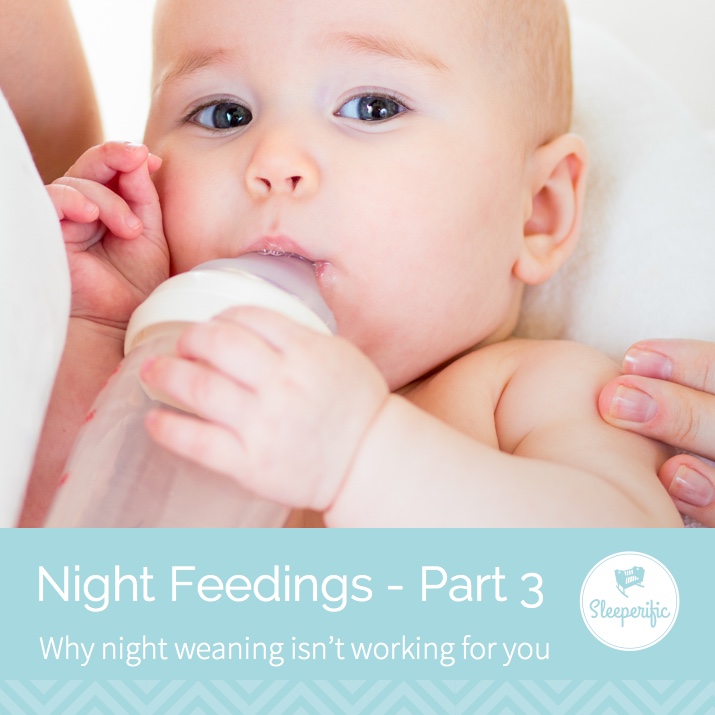 After all, the number of attachments to the breast in the daytime gradually decreases, and babies can compensate for this by waking up at night to feed.
After all, the number of attachments to the breast in the daytime gradually decreases, and babies can compensate for this by waking up at night to feed.
If a child is breast-fed, he may have 1 to 3 nightly feedings until the end of lactation (to fall asleep, actually at night, to calm down and fall asleep). If a child is on artificial nutrition, after a year, milk formulas are almost replaced by other products. Most often, children drink cow's milk or fermented milk products at night, special mixtures for children of the second year of life (“threes” or “fours”).
Most children under three wake up at least once during the night to eat. This is quite normal and does not require any radical intervention from the parents.
Should I wean my baby from night feedings?
This issue is quite complex and it is solved individually. Up to a year, if the child himself does not refuse night feedings, they should not be removed. After a year, this issue must be addressed individually, based on indicators of height and weight, the level of physical and neuropsychic development. If the baby was born prematurely or gained weight at the lower limits of the norm in the first year of life, it is worth leaving feeding in the second year so that the child receives more nutrients for growth and weight gain.
If the baby was born prematurely or gained weight at the lower limits of the norm in the first year of life, it is worth leaving feeding in the second year so that the child receives more nutrients for growth and weight gain.
If a decision is made to wean a child from night feedings, one should not take radical measures, arrange battles with crying and tantrums. It is not worth practicing methods of the “cry and stop” type, they negatively affect the psyche, disrupt the baby’s sleep, provoke capriciousness, irritability. Night tantrums will not benefit other family members either.
To wean a baby from night feedings, it is necessary to create conditions when the child does not want to eat during the night. This is achieved by eating porridge in the evening, before going to bed. Complex carbohydrates are absorbed slowly, so the baby stays full longer, can sleep through the night without waking up. New, unfamiliar complementary foods should be introduced in the morning to help reduce the risk of negative reactions to food that occur at night and disrupt sleep.